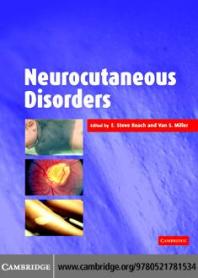
Unit 1: Introduction
Historical background
Current trends and contribution of behavioral neuroscience
Unit 2: Structure and function of Nervous system
Neurons and glial cells
The neurons: neuronal characteristics, types, transmission and communication system
Neuro anatomical directional terms and planes of references
Structure of nervous system
The central nervous system: Forebrain, Mid brain, Hind brainand Spinal cord
Peripheral nervous system : Somatic and Autonomic Nervous system
Unit 3: Methods and strategies of studying the brain
Experimental ablation
Histological methods
Unit 4: Neurochemistry
Major neurotransmitters : Dopamine, Nor Epinephrine, Serotonin, Acetylecholine, GABA
Unit 5: Glands
Endocrine glands, Effect of hormones on human behavior
Unit 6: Emotions
Hormonal changes in emotions
Involvement of brain in emotions
Unit 7: Memory
Involvement of
brain in memory
Memory disorders
Unit 8: Human Communication
Brain mechanisms involved
in speech production
and speech comprehension
Speech disorders
Unit 9: Neurological disorders
Epilepsy , Parkinson’s disease ,
Multiple sclerosis, Alzheimer’s disease ,
Huntington’s disease
Unit 10: Brain damage
Causes of brain damage: brain tumors, cerebrovascular disorders,
closed head injuries, infections of the brain, neurotoxins, genetic factors

